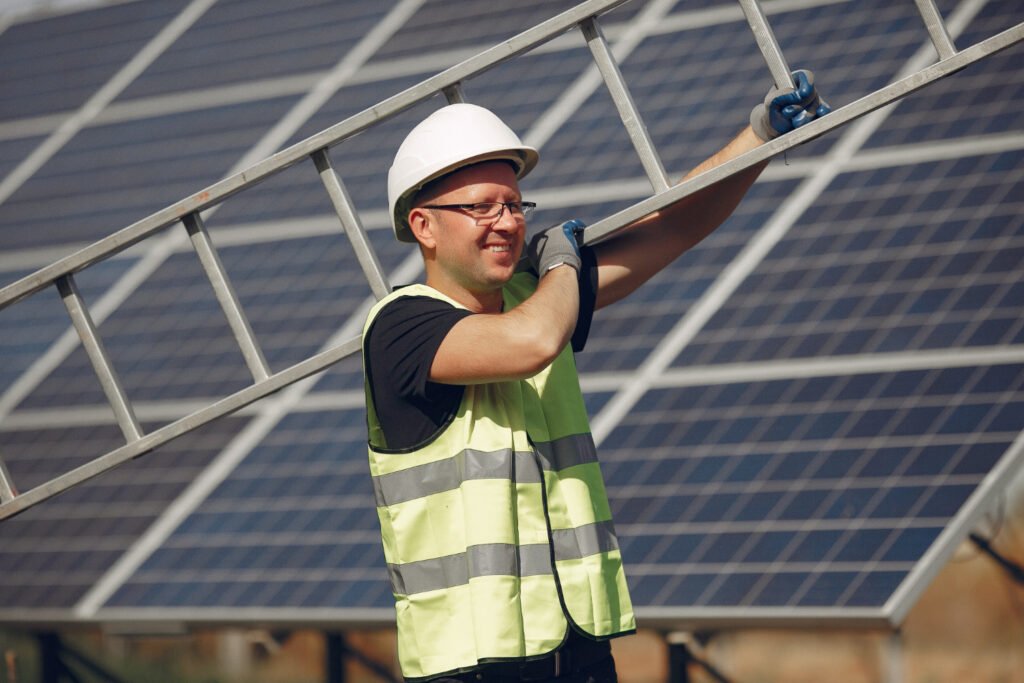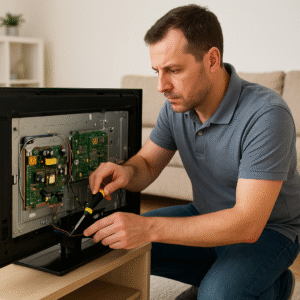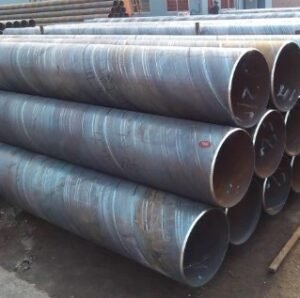Solar energy is rapidly becoming the preferred choice for households and businesses in Kerala, thanks to its abundant sunlight and rising electricity costs. However, installing a solar power system is a significant investment—one that depends heavily on selecting the right solar installer. An experienced, trustworthy installer ensures your system is safe, efficient, and cost-effective in the long run.
This guide will walk you through everything you need to consider when choosing a solar installer in Kerala.
Looking for a solar installation services in kerala visit here.
1. Understand Your Energy Needs
Before choosing an installer, assess your electricity consumption. Review your recent electricity bills to understand your average monthly usage in kilowatt-hours (kWh). This gives you and the installer a starting point for deciding:
- The right system size (e.g., 3 kW, 5 kW, etc.)
- Whether to go for an on-grid, off-grid, or hybrid system
- Your budget and expected savings
Once you’re clear on your energy needs, you’ll be in a better position to evaluate installers and their recommendations.
2. Choose Local Expertise
Kerala has a unique climate, with heavy monsoons, high humidity, and specific roofing styles (like tiled and sloped roofs). A local installer familiar with these conditions is better equipped to:
- Recommend the right panel types and mounting structures
- Ensure weather-resistant installations
- Navigate local regulations and net metering processes
Choosing an installer with a proven track record in Kerala means fewer issues during installation and smoother operation afterward.
3. Check Credentials and Certifications
Always verify that the installer has proper government approvals and certifications. A qualified solar installer should:
- Be registered with relevant renewable energy authorities
- Follow safety and installation standards
- Employ certified technicians and electricians
These credentials ensure that your system is installed according to best practices and that it qualifies for government incentives and net metering.
4. Request a Site Visit and Custom Proposal
A good installer should not provide a quotation without first visiting your site. During the site assessment, they should:
- Inspect your roof’s direction, tilt, and shading
- Analyze available space and structural strength
- Understand your energy usage patterns and future needs
Following this, the installer should present a detailed, customized proposal that includes:
- System size and layout
- Expected power generation
- Equipment details (panel and inverter specifications)
- Cost breakdown (with or without subsidy)
- Estimated savings and payback period
Avoid installers who offer vague or one-size-fits-all proposals without inspecting your property.
5. Understand the Components Offered
The quality of your solar installation depends heavily on the components used. Make sure your installer explains:
- Solar panels: Look for high-efficiency, Tier 1 panels with a 25+ year performance warranty.
- Inverters: This is the heart of the system. Choose inverters known for durability and efficiency.
- Mounting structures: These must be corrosion-resistant and suitable for Kerala’s weather.
- Cables and connectors: All components should meet quality and safety standards.
Request datasheets and warranty documents before signing any contract.
6. Compare Warranties and Guarantees
Warranties are your safety net if something goes wrong. A professional installer should offer:
- Product warranty: Typically 10–12 years for panels and 5–10 years for inverters.
- Performance warranty: Guarantees that panels will still produce 80–90% of their rated output after 25 years.
- Installation warranty: Covers workmanship and should be valid for at least 5 years.
Clear warranty terms demonstrate that the installer is confident in the quality of their work and products.
7. Ask About Net Metering and Subsidy Support
In Kerala, net metering allows you to feed excess electricity back to the grid and earn credits on your bill. A reliable installer should:
- Handle the net metering application and liaison with the electricity board
- Guide you through the subsidy process (if applicable)
- Ensure your system complies with all necessary technical and safety norms
Installers who offer end-to-end support will save you time and reduce bureaucratic hassles.
8. Review Installation Timelines and Process
Ask the installer for a clear timeline from start to finish. The process should typically include:
- Site survey
- Design and proposal approval
- Installation (usually completed in 3–5 days for most residential systems)
- Inspection and testing
- Application for net metering and final commissioning
Make sure they provide regular updates and are transparent about any delays or issues.
9. Read Customer Reviews and Get References
One of the best ways to gauge the quality of a solar installer is through previous customer feedback. Ask for:
- Photos or videos of completed installations
- Contact information of previous clients (if available)
- Reviews from local homeowners or businesses
You can also look for signs of professionalism, such as how they respond to inquiries, whether they explain technical terms clearly, and how willing they are to adapt to your needs.
10. Avoid Unrealistic Promises
Be cautious if an installer:
- Promises zero bills without analyzing your usage
- Offers steep discounts or hidden charges
- Tries to rush you into signing a contract
Solar energy systems offer great returns over time, but they are not magic. A trustworthy installer will give you realistic expectations—not exaggerated claims.
11. Ask About After-Sales Support
Your relationship with the installer doesn’t end after installation. Solar systems require:
- Periodic cleaning of panels
- Monitoring for optimal performance
- Occasional maintenance or component replacement
A good installer will offer:
- Annual maintenance contracts (optional but useful)
- System monitoring tools or apps
- Responsive customer support in case of issues
After-sales service is what separates a professional from an average installer.
12. Evaluate Value, Not Just Price
While cost is an important factor, don’t choose solely based on the lowest quote. Look at the overall value:
- Quality of components
- Professionalism of the team
- Track record in Kerala
- Warranty and service support
A cheaper system that breaks down or underperforms will cost you more in the long run.
IF You want solar installation services in kerala visit here.
Final Thoughts
Investing in a solar power system is a smart and sustainable decision—but only if done right. In Kerala, with its unique climate and growing solar market, selecting the right installer is crucial.
By following the steps outlined above, you can choose a solar installer who will not only deliver a high-performing system but also support you throughout its 25+ year lifespan. Take your time, do your research, ask the right questions, and choose a partner you can trust.






